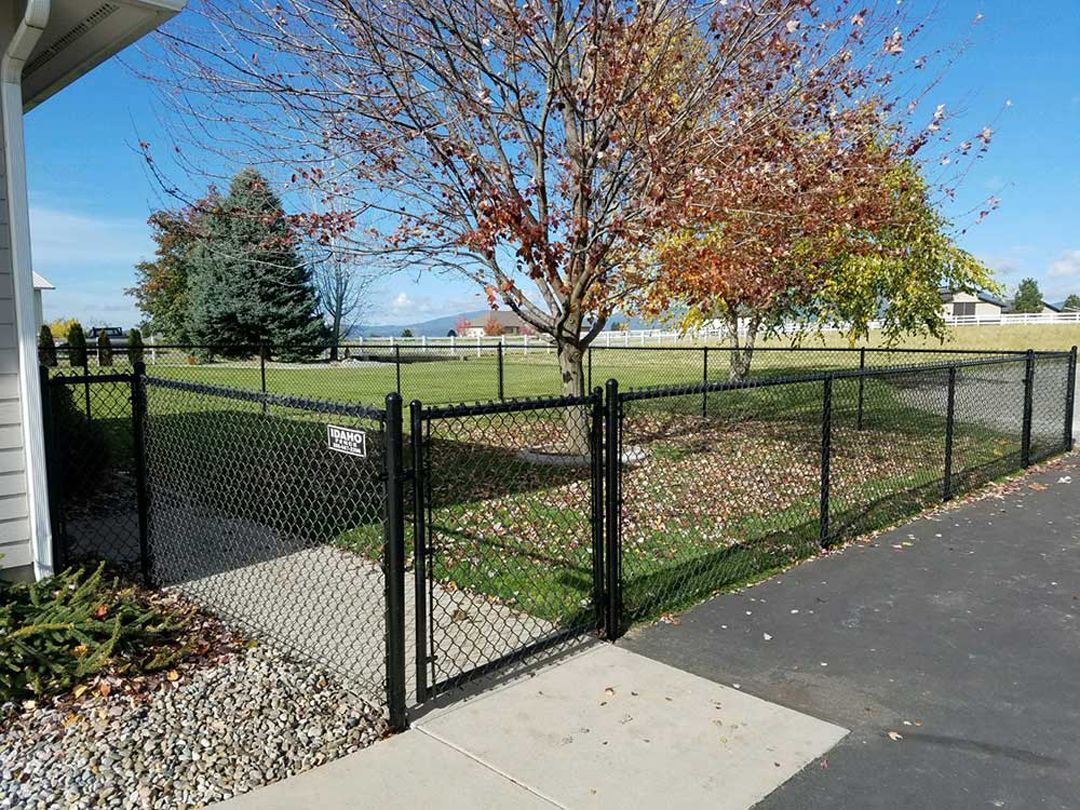Vinyl vs. Wood: A Comprehensive Overview
Selecting the ideal fence for your property often comes down to vinyl or wood. Each material has its own set of advantages and challenges, so it’s essential to consider your needs, style preferences, and budget.
We’ll guide you through the essential aspects of vinyl and wood fences to help you choose the material that best suits your home.

Why Choose Vinyl Fencing?
- Durability: Thanks to their resistance to weather, pests, and rot, vinyl fences are extremely durable and long-lasting.
- Low Maintenance: Vinyl fencing is incredibly low-maintenance, needing only occasional washing, as it doesn’t require painting or staining.
- Cost: Although vinyl fences can be more expensive to install initially, they offer long-term savings due to their low maintenance needs.
- Drawback: The lack of variety in color and style can make vinyl fences less versatile in terms of design.
Is a Wood Fence the Right Choice for You?
- Aesthetic Appeal: Wood fences are loved for their classic, natural beauty, and they can be customized with different stains or finishes.
- Cost: Wood fences are generally more affordable to install than vinyl.
- Maintenance: Regular painting, staining, and repairs are necessary to prevent rot, warping, and pest damage.
- Lifespan: Wood fences tend to have a shorter lifespan, especially in areas with harsh weather conditions.
Cost Comparison: Which Offers Better Value?
Vinyl fences often come with a higher upfront cost but offer long-term savings because of their low maintenance. Wood fences are more affordable at the start but can incur additional costs due to ongoing maintenance.
If you’re planning for a long-term investment, vinyl may be the better value. For short-term needs or projects with a tight budget, wood can be a more economical choice.
Which Fencing Material is More Eco-Friendly?
Wood fences are often considered more eco-friendly because they use a renewable resource. However, treated wood can contain chemicals that are less environmentally friendly. On the other hand, vinyl is not biodegradable, but its longevity reduces the need for replacements, lowering its environmental footprint over time.
For a more sustainable option, look for wood that is sustainably sourced or vinyl made from recycled materials.
